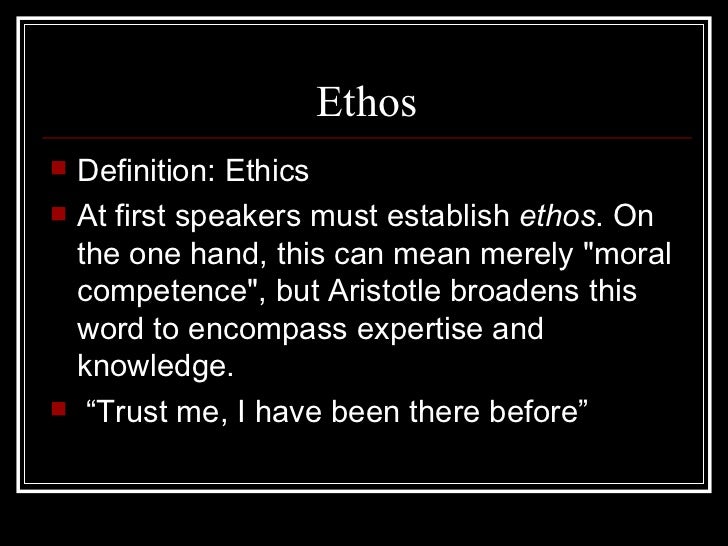

In his book Evicted: Poverty and Profit in the American City, ethnographer and author Matthew Desmond follows eight poor families in Milwaukee, Wisconsin, as they struggle to establish and maintain one of humanity’s most basic needs: housing. Unfortunately, many of the nation’s poor don’t have to imagine this troubling scenario because this is their reality. The remaining $87 must be divided among food, utilities, childcare, and medical treatment. Now, imagine that $550 will go toward rent, leaving only a small amount for everything else. One American worker picks up her check for $637. Public domain textImagine it’s Friday-payday. (credit: “Matthew Desmond at 2017 National Book Festival” by United States Library of Congress/Wikimedia Commons, Public Domain) Living by Their Own Words Story as Persuasion (James De Mille, The Elements of Rhetoric.Figure 9.6 Matthew Desmond discusses Evicted at the Library of Congress. (Sheridan) Amplification is here applied to description, and the subject, which is the devastation of Oude, is enlarged by the accumulation of particulars, such as the plains, the vegetation, the villages, the temples, and the reservoirs." Observing the wide and general devastation, and all the horrors of the scene-of plains unclothed and brown of vegetables burned up and extinguished of villages depopulated and in ruins of temples unroofed and perishing of reservoirs broken down and dry-he would naturally inquire, what war has thus laid waste the fertile fields of this once beautiful and opulent country? (John Pym) Here the subject is amplified by the mention of a number of cases in which the policy of Strafford wrought evil as in the case of peace, wealth, prosperity, justice, industry, and valor.ĭo not entertain so weak an imagination as that your registers, and your bonds your affidavits, and your sufferances your cockets, and your clearances, form the great securities of your commerce. This arbitrary and tyrannical power which the Earl of Strafford did exercise with his own person, and to which he did advise his majesty, is inconsistent with the peace, the wealth, and the prosperity of the nation it is destructive to justice, the mother of peace to industry, the spring of wealth to valor, which is the active virtue whereby only the prosperity of a nation can be produced, confirmed, enlarged. This is sometimes considered a separate figure under the name of accumulation. "There is an aggregation of particulars relating to the subject.(George Carlin, When Will Jesus Bring the Pork Chops?, Hyperion, 2004) Politically, anatomically and ecologically incorrect.Īnd I can give you a gigabyte in a nanosecond. I’m a modern man, digital and smoke-free Ī diversified, multi-cultural, post-modern deconstructionist Beaumont, "Swift's Rhetoric in 'A Modest Proposal.'" Landmark Essays on Rhetoric and Literature, ed. It is natural that both instances of accumulation in this essay should occur in the peroration, for recapitulation is one of the standard uses of this section of the speech."
#AFFECTUS ETHOS RHETORIC SERIES#
the brief description in the final paragraph: 'having no other motive than the public good of my country, by advancing our trade, providing for infants, relieving the poor, and giving some pleasure to the rich.' This series concisely echoes each of the major group of reasons which have been set forth (except the antipapist reasons, which might, from the point of view of the projector, be included 'in the public good'). " Swift uses the device of accumulation to good effect.

Accumulation in Swift's "A Modest Proposal".(Shallow to Falstaff in Act V, scene one of The Second Part of King Henry the Fourth by William Shakespeare) "I will not excuse you you shall not be excused excuses shall not be admitted there is no excuse shall serve you shall not be excused.".(Natalia Ginzburg, "He and I." The Little Virtues, 1962 trans., 1985) I think he likes me to be dependent on him for some things.
#AFFECTUS ETHOS RHETORIC LICENSE#
If I suggest that I should get a license too he disagrees.
#AFFECTUS ETHOS RHETORIC HOW TO#

"A generation goes and a generation comes, yet the earth remains forever.


 0 kommentar(er)
0 kommentar(er)
